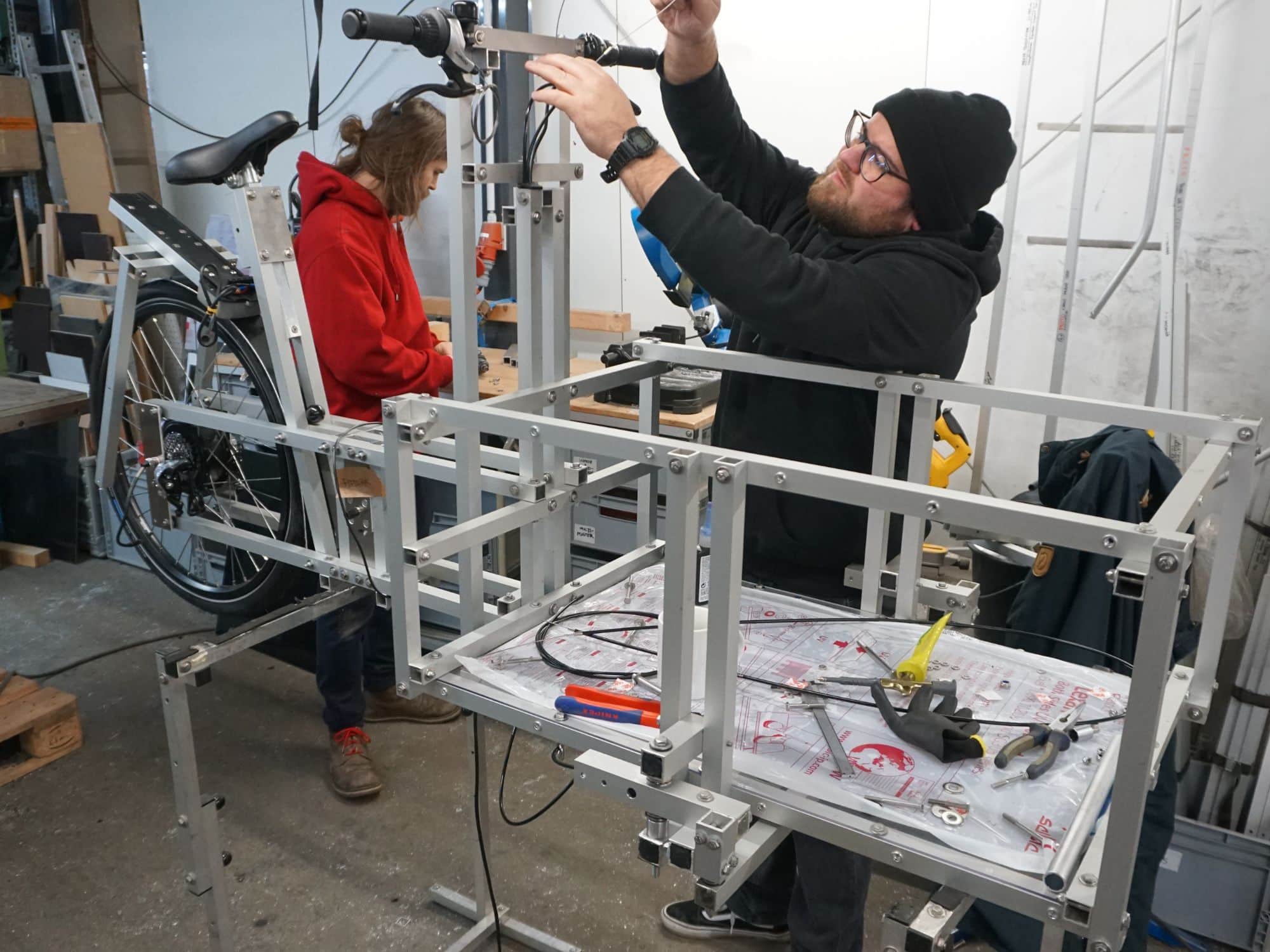
Sustainable Manufacturing
Sustainable manufacturing aims to quantify, evaluate, and minimize the ecological footprint of a product right from the design, manufacturing, and use stages.
Consequence of the global economic miracle
Between 1950 and 2005, global metal production increased sixfold, oil consumption increased eightfold, and natural gas exploitation increased fourteenfold. If this alarming rate of resource consumption continues unabated, future generations will not have sufficient access to raw materials.
Human industrial activity has already changed the face of the Earth decisively—sometimes to such an extent that the basis of life for the entire human race must be called into question.

Effective life cycle
Sustainable manufacturing should be established as an integral part of the production, marketing, and use of manufactured goods. This means that the entire life cycle of a product—right up to its scrapping or recycling—should be considered from the perspective of environmental compatibility and sustainability.
In addition, social factors such as the absence of exploitation, child labor, or hazardous working conditions are increasingly understood by civil society as sustainable.
New paths for industry
Sustainability is an increasingly important competitive factor for industrial production in Germany. The core objectives are to reduce resource consumption, avoid environmentally harmful materials, and design for consistent recycling from the outset.
In addition to optimizing existing processes, the New Production Institute sees its task as breaking entirely new ground in this area. A first step in this direction is local, individualized production (for example, in open labs, Project Fab City), which enables a significant shortening of supply chains and a significantly reduced ecological footprint.

Our objectives
Developing concrete and applicable solutions for sustainable manufacturing is not only a challenge, but also an obligation. The New Production Institute comprises an interdisciplinary team of experts who have been dedicated to this goal for years. This ambitious path will be continued in order to be a pioneer for promising future projects.
Sustainable manufacturing aims to quantify, evaluate, minimize, and influence the ecological footprint of a product right from the product design stage, through the manufacturing processes, and into the use of the product (life cycle assessment).
This task cannot be accomplished by engineers, software developers, or mechanical engineers alone. An interdisciplinary approach is needed to combine economic efficiency with sociological, ecological, climate-friendly, and other standards.



